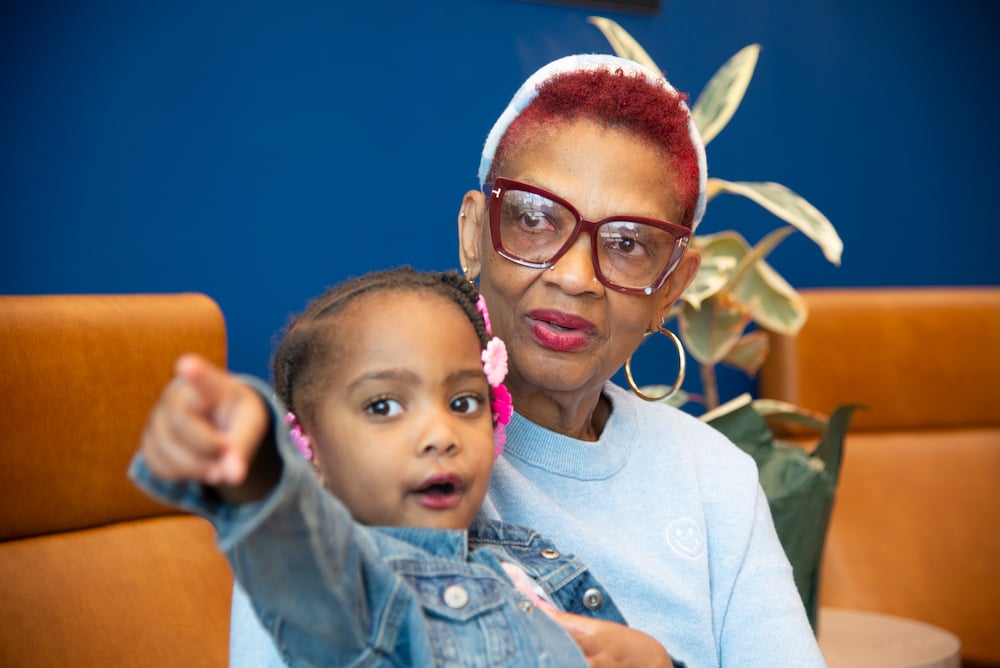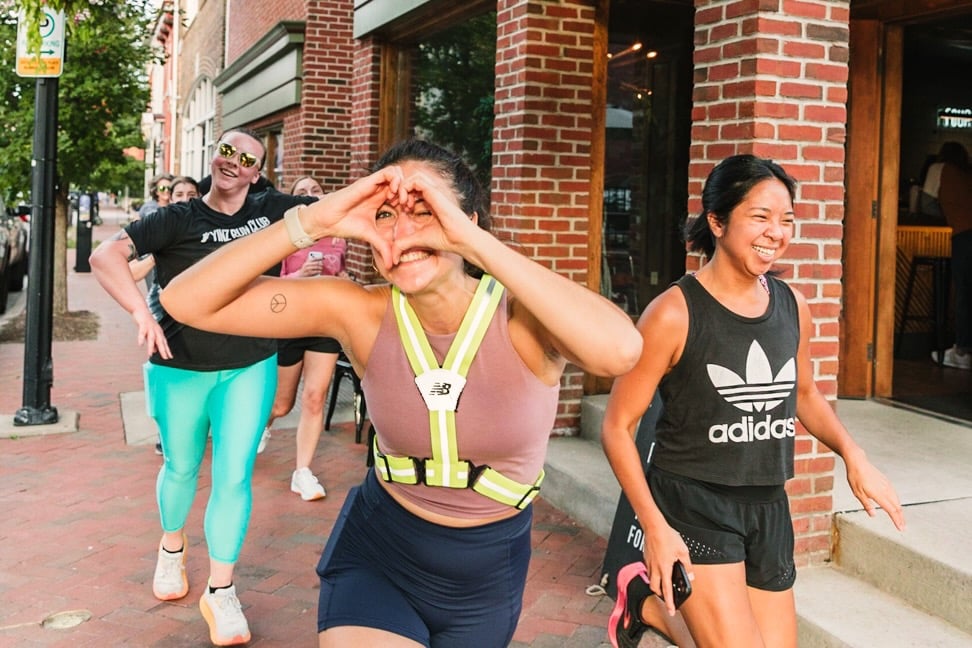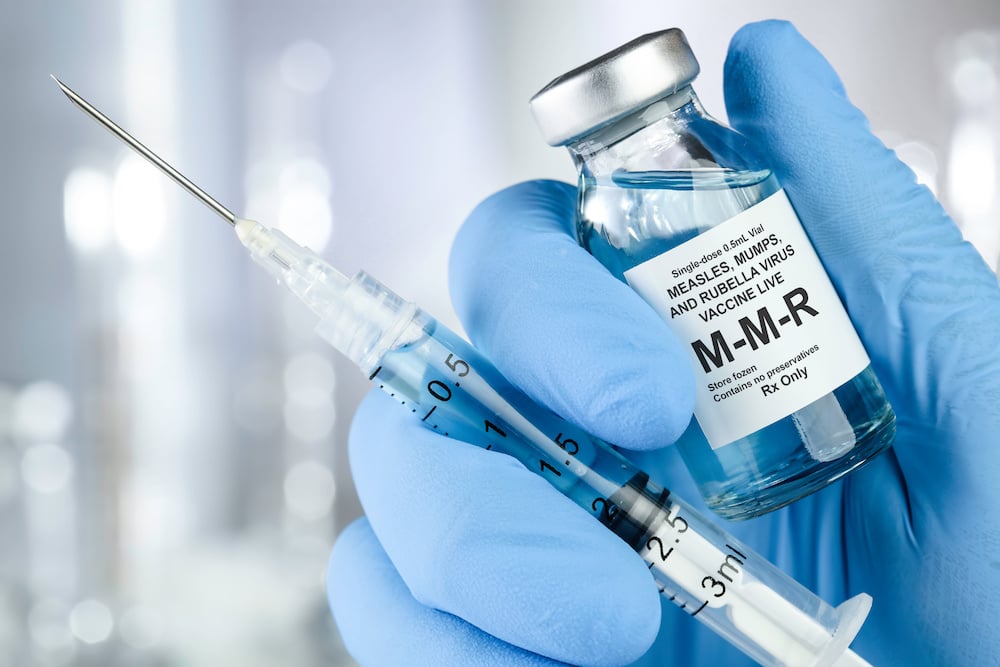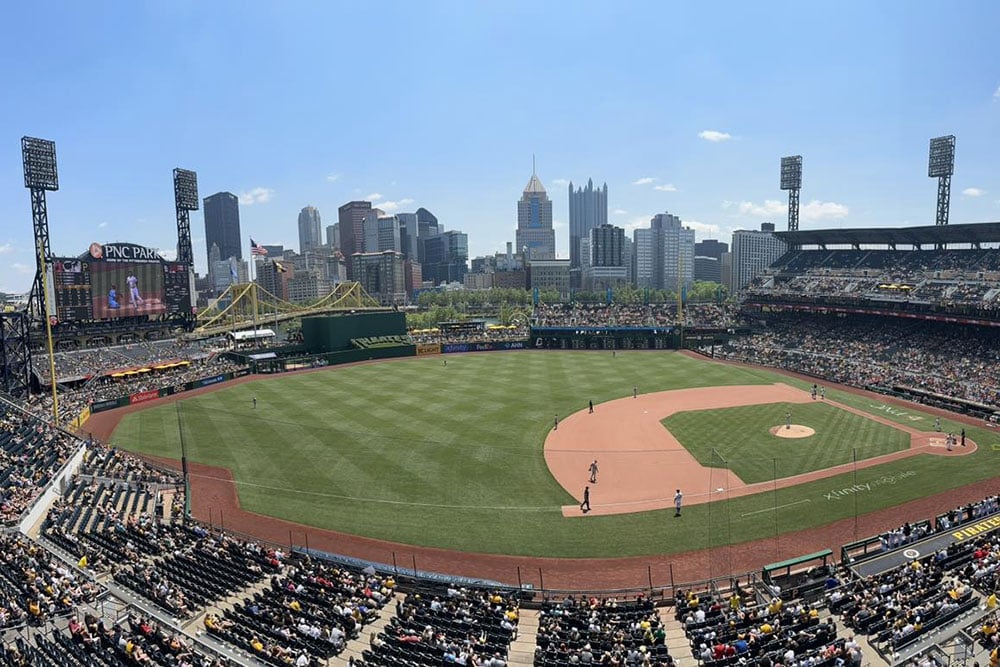Why You May Need New Glasses at Age 40
As humans age, we experience presbyopia, which makes it harder for us to see things close up. But there are plenty of options to help.
Our bodies change as we age, and that includes our eyes.
In fact, around age 40, humans will experience presbyopia, which hinders our ability to see things up close.
What that means is even if you’ve had perfect, 20/20 vision your entire life, you’re going to need reading glasses.
Dr. Ellen Butts, Director of the Optometry and Contact Lens Service and Director and Founder, Optometry Ocular Disease Residency at the UPMC Vision Institute, says she always tells patients: “You didn’t do anything wrong.”
“This is going to happen to everyone. We were blessed to make it to 40 and beyond. So it’s going to happen to you.”
What happens is the crystalline lens inside of our eye begins to lose its ability to change shape and quickly focus between far and near objects.
Some patients who have good distance vision will only need over-the-counter readers, Butts says. Some people who have good distance vision and have never worn glasses may consider contact lenses. People who already wear contact lenses may consider a different type. Butts says many younger patients choose progressive lenses.
“There’s so many options we have available,” she says.
She says people who work on screens all day may notice the first signs of presbyopia — eye strain and headaches among them — earlier than someone with a profession where they’re doing more distance viewing. Butts recommends people experiencing symptoms to make an appointment with their optometrist.
With the prevalence of screens in our day-to-day life, Butts says she’s noticing people becoming symptomatic earlier.
“There’s things you can do to your phone to cope,” she says. “You can make the text bigger on your phone and you can adjust your workstation.
“There’s no reason to struggle to see up close due to presbyopia.”















